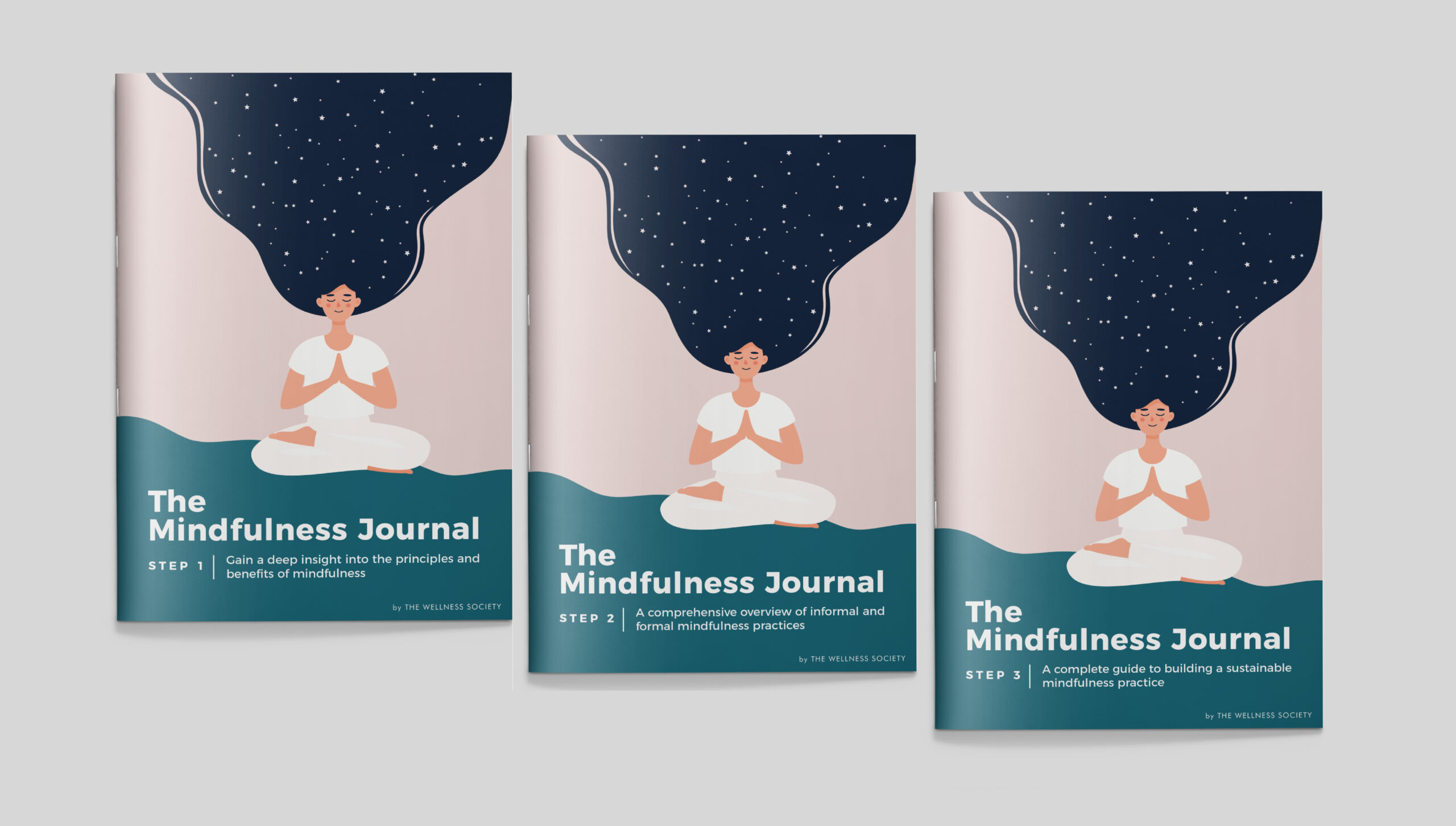Wondering how to have a healthy relationship with food? You're not alone. Doctors and therapists are discovering that the impact of the global pandemic has led to an alarming increase in eating problems.
It’s thought that this is due to the lack of control we’ve had over our lives during the waves of the pandemic, coupled with feelings of isolation and anxiety.
Social media also has a role to play. Jokes around “lockdown weight gain” and posts about exercising to use every second of lockdowns productively are triggering for people prone to eating issues.
If you experience these struggles, keep reading to learn five helpful tips for how to have a healthy relationship with food.
1. Find Positivity in Food
Break free from ‘food rules’ by looking at the positive aspects of food and its ingredients, rather than labelling certain foods ‘bad’ or ‘naughty’.
Think about the health-giving vitamins and minerals in the foods you’re choosing and the physical and emotional energy provided by proteins, whole grain carbohydrates and beneficial fats.
Growing your own food is a rewarding hobby that can help rekindle relationship with food and give very fruitful results (literally)! Start small with perhaps courgettes, lettuces and spring onions.
2. Practice Mindful Eating
Mindful eating focuses on the way we eat, rather than what we eat.
It can be particularly useful if you struggle with overeating and emotional eating.
Eating in a mindful way can help you recognise when you’re hungry and what your body is telling you to eat. It can also help you be more aware of the food you’re eating and how it nourishes your body.
To practice mindful eating, begin by asking yourself if you’re hungry, and if so, what type of food you’d like.
Be present in both preparing your food and in eating it by avoiding distractions such as social media, emails, messages, books, magazines, music and TV.
Sit down to eat in a pleasant space free from clutter - preferably at a table.
Take a breath before each mouthful and chew slowly, noticing the food with all your senses:
- What does it look like?
- How’s the texture?
- How does it smell?
- How does it taste?
Put your cutlery down between each mouthful, rather than going for the next bite whilst you’re still chewing. (You’ll find this is better for your digestion too!)
Read your hunger cues and once you’re full, take a few moments to enjoy how your body feels for being nourished.
3. Maintain Variety Around Food
Variety is the spice of life, and exploring different flavours and ingredients can help you reconnect with food and your body in a positive way.
Aim to switch up your meal options and vary your vegetables, grains and proteins so that you get a range of nutrition in your diet and nourish your body as best as possible.
Has there been a food or ingredient you really enjoy that haven’t had for a while?
Why not find some delicious new recipes?
If that food or ingredient has been a ‘fear food’ recently, slowly start adding it to your diet and focus on the benefits of that food to highlight how it supports the body.
4. Say Yes to Spontaneous Food Opportunities
Focus on saying yes to spontaneous food opportunities that arise – that’s yes to ice cream with friends and yes to a pizza on a Friday night with your partner or family. Most importantly, practice letting go of the guilt that often follows.
Spontaneity and enjoying yourself is a natural part of life and allows you to get involved in social
situations and feel included.
Avoid the pressure to eat ‘perfectly’ all of the time – an example of black and white thinking.
Try an 80:20 approach where 20% of the time you have ‘fun foods’ with social and emotional value.
5. Let Go of The Diet Mindset
Quick fix, faddy diets that promise to help you “drop a dress size in a week” only serve to set you up for failure.
Severe calorie restriction or sticking to one food group isn’t a sustainable way of eating, doesn’t work for long-term sustained weight loss, and can be harmful. For example, did you know that low-carb diets can interfere with your menstrual cycle?
‘Instant solution’ diets are often to blame for food issues. They lead to black and white thinking plus problematic ‘food rules’ such as “you shouldn’t eat carbs after 6pm”.
These thinking patterns aren’t sustainable and create food guilt and compensation when rules are broken.
The diet mindset might be keeping you stuck, cultivating an unhelpful, difficult relationship with food.
Instead, try adopting a more flexible mindset around food. Make nutritious, enjoyable food choices every single day that help you maintain a healthy weight and feel good.
Summary
When things around you feel out of control, controlling what you eat can feel like a comforting coping mechanism.
However, it’s a coping strategy that has many downsides and can significantly impact your quality of life.
We hope these tips will help if you're wondering how to have a healthy relationship with food:
Find positivity in food. Instead of labelling foods as “good/bad”, try focusing on the positive nutritional, social and emotional value they offer.
Practice mindful eating. Tune into your body’s hunger signals. When preparing and eating food, remove distractions and be present. Notice your food’s appearance, its smell, taste, and texture. Slow down by putting your cutlery on the table in between bites. Pay attention to feelings of fullness.
Maintain variety around food. Explore different flavours. Try to eat a wide range of vegetables, grains and proteins for optimal health benefits.
Say yes to spontaneous food opportunities. If you have rigid food rules, try shifting to an 80:20 approach where 20% of the time you can enjoy ‘fun foods’ with social and emotional value.
Let go of the diet mindset. Cultivate a more flexible mindset around food and make nutritious, enjoyable food choices that optimise your mental and physical health.
Practical Tools for Mindful Eating
The Mindfulness Journal helps beginners as well as seasoned practitioners enhance their mindfulness skills. Explore a wide variety of methods and discover what works best for you.

About Milda
Milda Zolubaite is a Disordered Eating Specialist at Nutrition Path, where she specialises in helping people overcome and change a difficult relationship with food and their bodies, so they can take back control of their lives and enjoy food without guilt. She’s a Master Practitioner in Eating Disorders and Obesity (NCFED), NLP practitioner and is a BANT registered Nutritionist®. She supports people through her private 1:1 clinical practice and courses.
Visit her website and Instagram to find out more.

